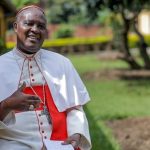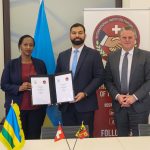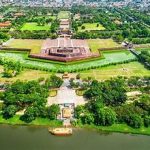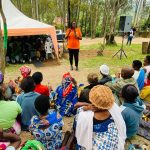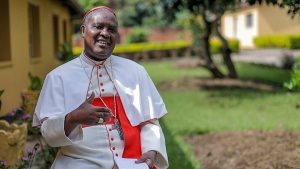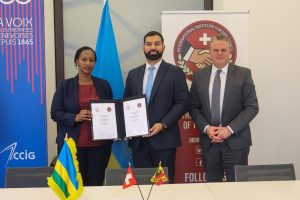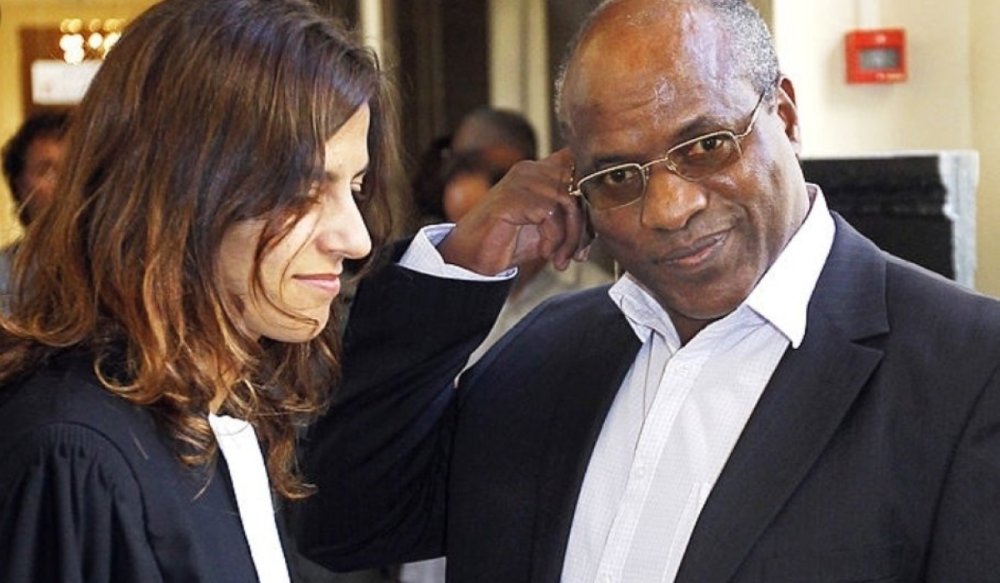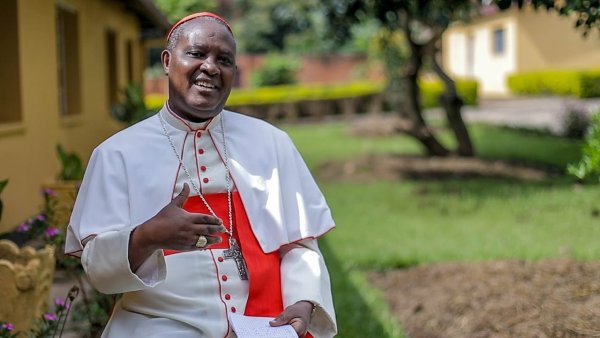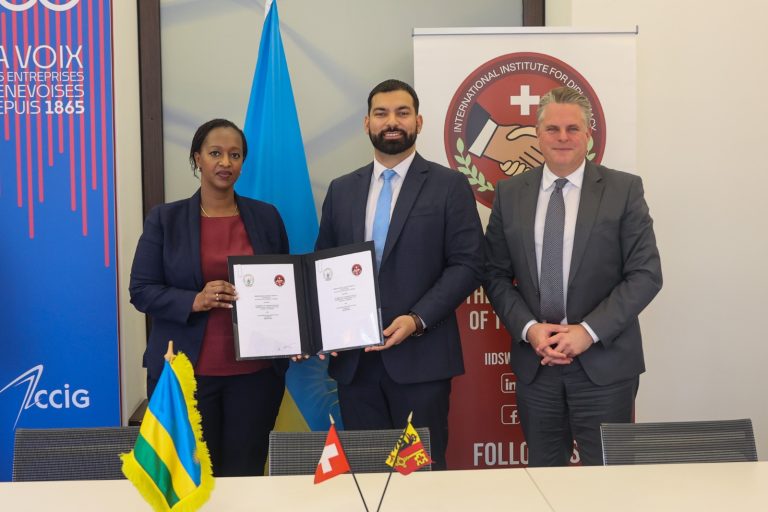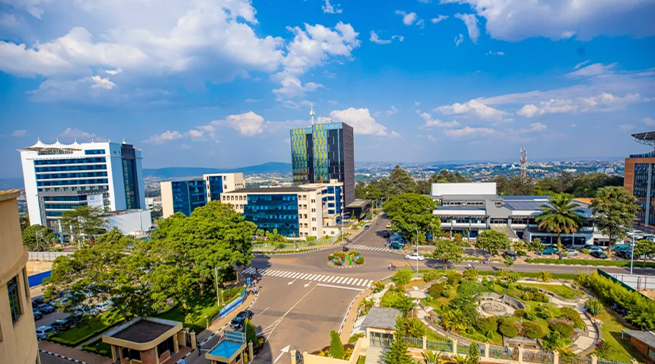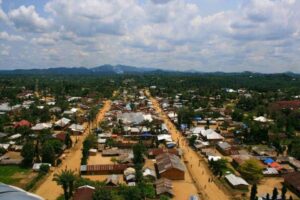Dr. Sosthène Munyemana, who was convicted of genocide crimes, told the Rubanda Court of Appeal that despite testimonies from friends portraying him as a hero, he does not consider himself one admitting that there were moments during the 1994 Genocide against the Tutsi when fear drove him to flee for his life.
The former doctor, who was well known in Butare before and during the genocide, has been appealing his 24-year prison sentence since September 2025. He was found guilty in 2023 for his role in the killings that took place in parts of Tumba Sector.
On October 2, a witness from South Africa testified in his favor, claiming that Dr. Munyemana never killed anyone. Instead, he allegedly hid several Tutsi who were being hunted by Interahamwe militias and defeated ex-FAR soldiers, sheltering them both at his home and in the sector office.
The witness recounted how Hategekimana Innocent, also known as Kirushya, sought refuge at Dr. Munyemana’s house when he was being pursued. When the militias demanded that Munyemana hand him over, he reportedly refused to open the door.
At one point, Kirushya attempted suicide by drinking acid out of despair, but both he and Munyemana who were trained medical professionals saved his life by treating him with a mixture of milk and charcoal.
The witness also recalled another instance when he himself hid Tutsi victims. He said that one morning, Interahamwe captured a woman and demanded 20,000 Rwandan francs for her release. Unable to raise the money, he called Dr. Munyemana, who immediately paid the ransom, leading to her freedom.
The 61-year-old witness argued that Munyemana deserved “a medal of honor,” adding:“He should not be in prison or wearing handcuffs. I never heard him insult anyone because they were Tutsi. He never spoke words of hatred.”
During the October 7 court session, Dr. Munyemana explained that he had access to the keys of the Tumba Sector office, where he locked Tutsi refugees inside to protect them from Interahamwe attacks while waiting for instructions from local official François Bwanakeye. “People have talked about moving the refugees into the sector office,” he said. “But we were wondering what to do to keep them safe. I don’t know how anyone would have acted in such terrifying times. I locked them inside while waiting for Bwanakeye’s decision.”
However, responding to his friend’s praise, Dr. Munyemana downplayed the idea that he was courageous: “A hero is someone who stands firm. I was afraid I ran away twice. I can’t call myself a hero. I’m just an ordinary person.”
He defended his decision to confine the Tutsi in the sector office, saying it was similar to hiding people in an orphanage, as both aimed at saving lives.
Yet, this contradicted another witness a caretaker at the orphanage who told the court that hiding people in a government building during that period would have been “a death sentence,” since such places were easily discovered by militias.
The appeal hearing for Dr. Sosthène Munyemana continues, with the court listening to both prosecution and defense witnesses. The verdict is expected to be delivered on October 24, 2025.
Author: Justinmind HARERIMANA
